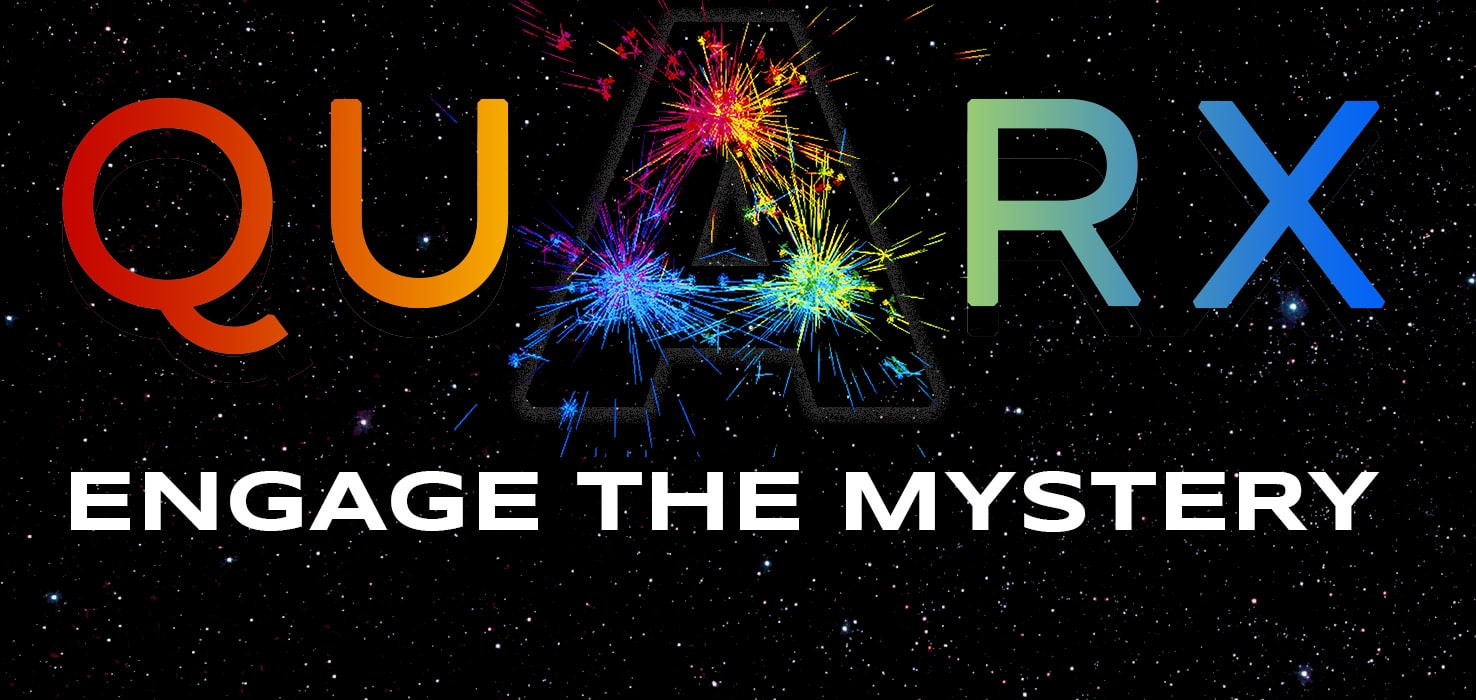by CNSCSNS | Apr 19, 2021 | Are there any questions that are better left unasked?
“Curiosity is an essential quality in anyone who seeks truth. Intrigue, openness, questioning – all of these attitudes lend themselves to seeing through the veil and experiencing direct reality. But are there any questions that don’t exactly further the process of awakening? Yes. Here’s why:
We must look beyond the questions directly and ask ourselves: Why am I asking this question? Is it out of genuine interest? Or is it going to offer clarity or further confusion? These are important check-ins. Why? Because much of the time, we already have the answers. We already have the map, simple and pure, that does not need to be further complicated.
What is your stomach doing to your food right now?
This question may be interesting to pursue, but also may be a distraction, unnecessary, gross, etc. It may not be a question worth asking. There are many other such questions. However, this is deeply subjective, and ultimately, each of us knows which questions we should ask and which we may be better off leaving unasked.”
by Sid K | Apr 19, 2021 | Are there any questions that are better left unasked?
“The Buddha would say yes, there are many questions better left unasked. They should not be ignored, but attended to and set aside, to avoid the problem of obsession that Anonymous mentions in his post.
The Buddha suggested that only a very specific set of questions was worth asking. He saw the human condition, while inherently capable of joy and peace, currently full of suffering and confusion. And it takes time and energy to end that suffering and answer the questions that matter, such as:
- What is the nature of suffering?
- What are the origins of suffering?
- Is it possible to bring an end to suffering? (good news: Yes!)
- How do I bring an end to suffering?
and four more questions about how to bring an end to suffering and how to cultivate joy and peace:
- When I see a seed of suffering, what do I do to keep it from growing?
- When suffering has grown up, what do I do to cut it down or root it out (like a weed)?
- When I see a seed of joy or peace, what do I do to help it grow?
- When I see a wonderful, healthy growth of joy and peace, how to I nourish and maintain it?
These are practical, beneficial questions. Answer them, and apply the answers, and we create lives of joy and peace, as free of suffering as we can make them, for ourselves, our loved ones, the larger society, and the world.
The Buddha saw this as urgent work. So time spent on philosophical questions was time taken away from the urgent work of joy and peace, and quite harmful. He compared philosophical speculation to a man, hit by a poisoned arrow, refusing treatment until he knew the nature of the poison, the nature of each part of the arrow, and the archer. He will die before his questions are answered.
So the Buddha held that all questions of philosophical speculation, all notions of existence and questions about existence, all religious questions about the nature of things – Creator and creation, the beginning and end of time, reincarnation – all these topics were questions best not asked and answered and made into matters of contention.
We have more important work to do: Let’s bring an end to suffering and share joy and peace.”
by Outsider Club | Apr 19, 2021 | Are there any questions that are better left unasked?
“Sometimes you ask a question
and you may know the answer
or you may know the possible answers
and you may know you may not like the answer
but you ask it anyway.
And when the question is answered
and the words are heard
and the letters are read
your heart drops with the finality of the feedback
because it’s not what you wanted to hear at all.
And you wonder why you ever asked at all.
Because you never really wanted to know at all.
And you wish it weren’t true, but you know that it is.
Do you love me?
Is there someone else?
Will you stay?
This is why some people never weigh themselves.
This is why some people never seek medical attention.
This is why some people never look in the mirror.
This is why some people never audition, interview, inquire, explore.
You always have a choice over which questions to ask
but you can’t always choose which answers are to be given.
And, for me, it’s impossible to stop asking.
So perhaps I should only ask the questions over whose answers I have some control.
Every time I arrive at a trailhead, a question is posed.
Every time I put on the gear, a question is posed.
Every time I chart a course, a question is posed.
Every time I turn a key, a question is posed.
Can I do this?
What lies ahead?
Will I return?
In the end, it’s all up to me.
And perhaps if I don’t like the answers I give unto myself, I have some ability to change them.”

Recent Comments